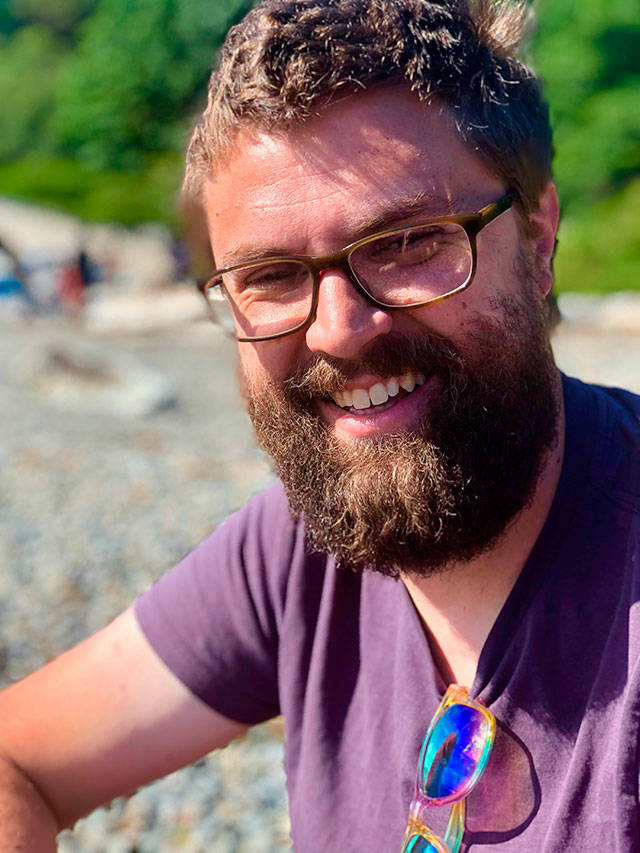One of the more esoteric beliefs held by Christians is the belief that God is a trinity. When we think of God, we think of a single deity living in eternal harmony as three divine “Persons”—Father, Son, and Holy Spirit. The history behind this doctrine is long and complicated, and when we try to explain it to people it often sounds like we don’t know how math works. But at the center of this doctrine is the belief that God himself is an eternal relationship of love. It’s more than saying God is relational. It’s to say God is relationship. It’s more than saying God is loving. It’s to say God is love.
Another Christian belief is that God is holy. I don’t know what “holy” means to you, but in my circle, it means “other,” or “different.” The root idea is “separate.” If something is holy, you’ve set it apart. You treat it differently. You treat it as special. And God is most holy. This means you treat God differently than anything else. It also means that God is different than us. God is the ultimate Other. Women and men are made in the image of God, but we aren’t God. God is still Other. God is holy.
When I first sat down to write, my focus was on the coronavirus, the stay-at-home order, and whether churches should re-open soon. But all that seems pedestrian right now. Not that the coronavirus pandemic has somehow ceased, or that the lives of many of us aren’t still flipped on their heads. As the leader of a Christian community, navigating our congregation into the future weighs daily on my mind. But in the midst of all this, our nation has been forced once again to take a look at its own soul. The death of George Floyd under the knee of a white police officer has thrust us into a conversation some of us have been trying to have for a long time and others of us (myself included) have often tried to avoid.
The issues of race and injustice in America are nothing new. Jim Wallis has called racism America’s “original sin.” And I know I don’t speak as a moral authority on these issues. I struggle to even know what to say. But I do know one thing I can do is repent. I can repent of my indifference to the experiences of other people. I can repent of my indifference to issues of race and justice. I can repent of knee-jerk reactions and assuming strong feelings means I’m right. I can sit at the knee of other people and hear what they have to say about their experiences. I can listen.
Central to the Christian understanding of humanity is the belief that we are made in God’s image. If we look at the first place this language is used in Scripture, we notice that one aspect of the divine image in humanity is “otherness” (in this case, the otherness of male and female: Genesis 1:27). It is the otherness of one person standing face to face with another who is similar yet different. “This is now bone of my bones and flesh of my flesh,” Adam will say (Genesis 2:23). And this relatedness, which makes us human, is not limited to gender. It goes to the core of our being. To be human is to be in relation to one another, both in our similarities and in our differences. It extends to race, gender, culture, and experience. And as such, it’s a reflection of the image of God.
I wish I had answers to the pain and suffering of our time. There are wiser voices than mine to be listened to right now. But I know the way forward is love. I know the way forward is listening. I know the way forward is to reflect the One who made us, and carry the cross of each other’s pain. I know the way forward will be found in the steps of the One who loved us, and humbly carried a cross for us all.
Mike Ivaska is the pastor of Vashon Island Community Church, which is affiliated with the Assembly of God denomination.



